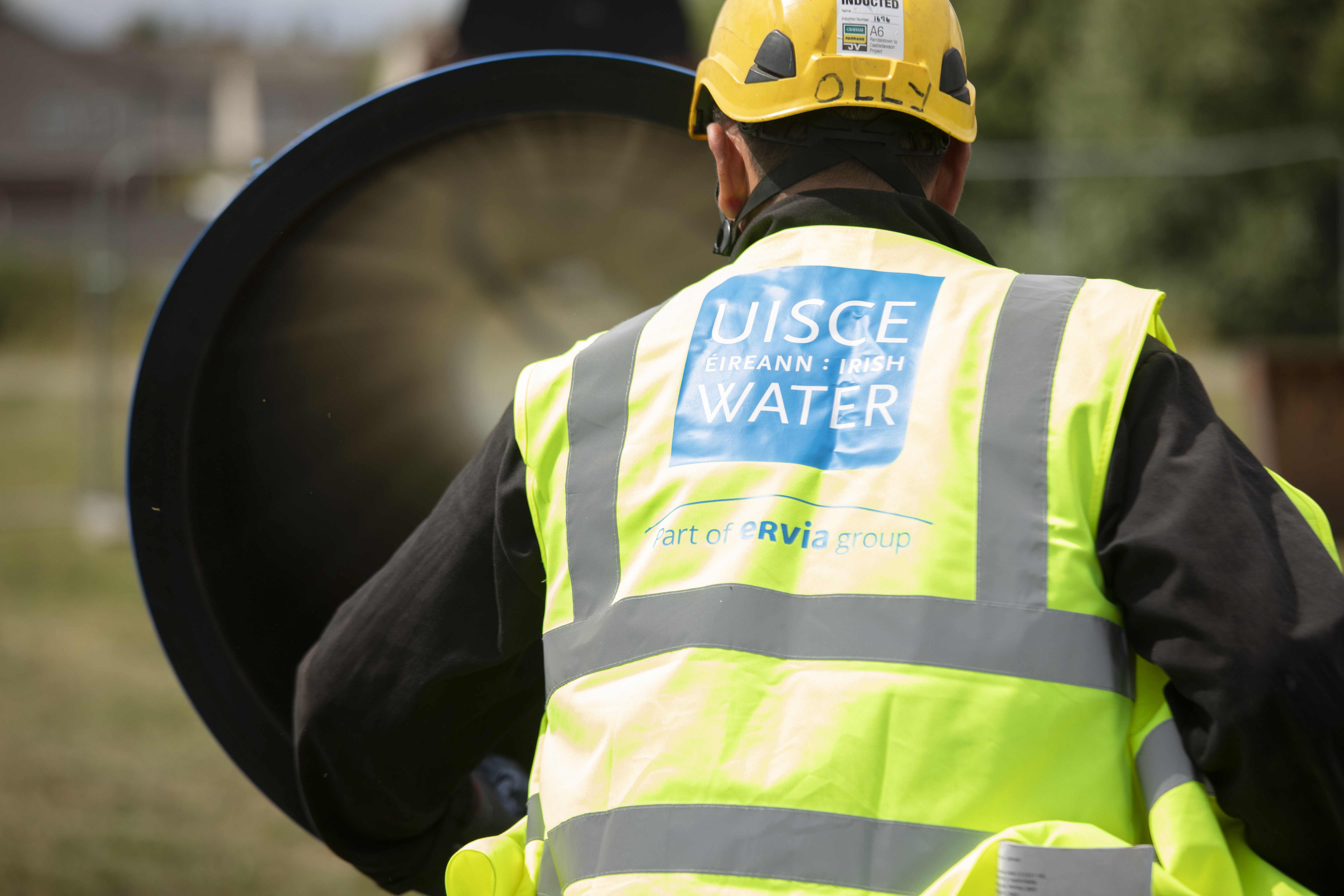5 August 2022
By Roger Kennedy
roger@TheCork.ie
The demand for competent and knowledgeable nurses is increasing globally. While few countries cannot afford or retain talented healthcare personnel, others are striving to meet the need for good and knowledgeable nurses through competitive training and education programs in nursing.
Anyone looking to be a nurse in the US needs to clear the NCLEX exam, after completing a relevant nursing program. To meet the healthcare industry’s manpower requirements, nursing programs should equip their students with an understanding of the importance of their profession. Undoubtedly, any nursing program must stress strong basics in fundamentals of nursing, which becomes their base for a valuable foundation.
The fundamentals of nursing are an important part of the curriculum for most of the competent nursing programs in the country. A nursing student who is looking forward to becoming a registered nurse or nurse practitioner needs to develop skill sets that will be sharpened with time and experience. In particular, the fundamentals of nursing help an aspirant to follow the protocol in a situation where there is no one to refer to. If they have a stronghold on these basics, they will fare well and provide high standards of patient care.
Any nurse has the core responsibility to promote and restore health, prevent illness, and ease the suffering of a patient. Understandably, the knowledge and abilities of nurses required to perform these responsibilities will differentiate them from the rest.
Every nursing program tries to prepare its students by introducing them to the concepts or fundamentals of nursing. It can be either separate course credit or embedded into another course while retaining the structure. The curriculum may vary between different nursing programs, but the general outline that forms the base of the course credit for fundamentals of nursing remains the same across colleges.
The broader framework that outlines four fundamentals of nursing can be classified under these topics:-
- Assessing a patient’s physical and psychological condition both for ambulatory and critical cases within a short span of checking into the healthcare facility.
- Diagnosis of a patient’s underlying conditions, by reading the patient history or asking deep diving questions.
- The patient care plan is drawn by the nurse after the diagnosis is vetted by a nurse practitioner or a doctor if necessary.
- The medical intervention of a doctor after initial diagnosis and follow-up of the patient care plan approved by a doctor or a nurse practitioner as the case may be.
Most nursing programs design their courses in a manner that covers the fundamentals of nursing in the initial stages of the programs, usually the first semester. However, the name of the course may differ from one nursing program to the other. Generally, this course is divided into in-class lectures, simulation labs, and clinical rotations. Nursing students learn basic nursing skills that involve effective communication with patients and their family members. They learn basic nursing skills that involve patient care for different types of patients. The healthcare for a patient who comes because of certain symptoms that are causing discomfort to their health is different from the one given for a perioperative patient. Understanding these skills is part of the foundation that forms the base, through the fundamentals of the course.
How to position a patient, the basic vitals to check, administration of medicines, nursing theories, and legal aspects that are required to support the broader framework of assessing, diagnosis, patient care, and seeking medical intervention will be a part of this course. A student studying for this course should remember to follow a study plan, that will help them clear this course. Here are a few pointers that can help a student prepare for nursing fundamentals in their school:-
Know your process
Different people have different learning abilities. Few like to study by making notes, a few others may like to watch simulation models to understand the concepts, whereas few may like audio notes. Whatever best suits optimum results can be best gauged by a student through self-assessment.
If your study process is yielding the desired results where you can effectively learn, comprehend the concepts, memorize and recall whenever it is required, then stick to your process. If not, look at developing a model that can derive these results. In short, try to not just work hard, but work smart to develop a study process.
Leverage technology
In recent times, online nursing education platforms enabled by EdTech companies, have come up with AI-driven courses that offer easy-to-understand simulation-based teaching. The core points are represented in small bits that are easy to comprehend. Fast recall quizzes and chatbots help the student retain the lesson for a longer time. Online nursing education platforms are accessible from even smartphones. So if a nursing students can squeeze in fifteen minutes in their clinical rotations, they can use this time to catch up on learning a course designed for nursing fundamentals. This strategy can be a very good addendum to any student’s study plan.
Use resources wisely
Understand that resources like time and money are limited and have to be used wisely to clear any exam. To clear NCLEX exams one has to understand the course concepts based on the definition, rationale, and link that forms the preface of the clinical context. To remember the concepts based on rationale, one must be part of like-minded study groups that use logical reasoning to comprehend the process and quiz each other to retain their lessons.
At the same time, instead of buying all the books related to the course topics, only important books can be purchased by the students. The rest of the books can be taken from the library or exchanged with classmates. Take enough practice tests and quizzes to remember the points for a long time.
Conclusion
Nursing courses can be daunting if the fundamentals are not clear or not practiced enough to help a future nurse. For a nurse to work seamlessly to provide good patient care their basics should be strong. Still, nowadays with the kind of online study help that is handy, students can fare well in their nursing program and license exams.



